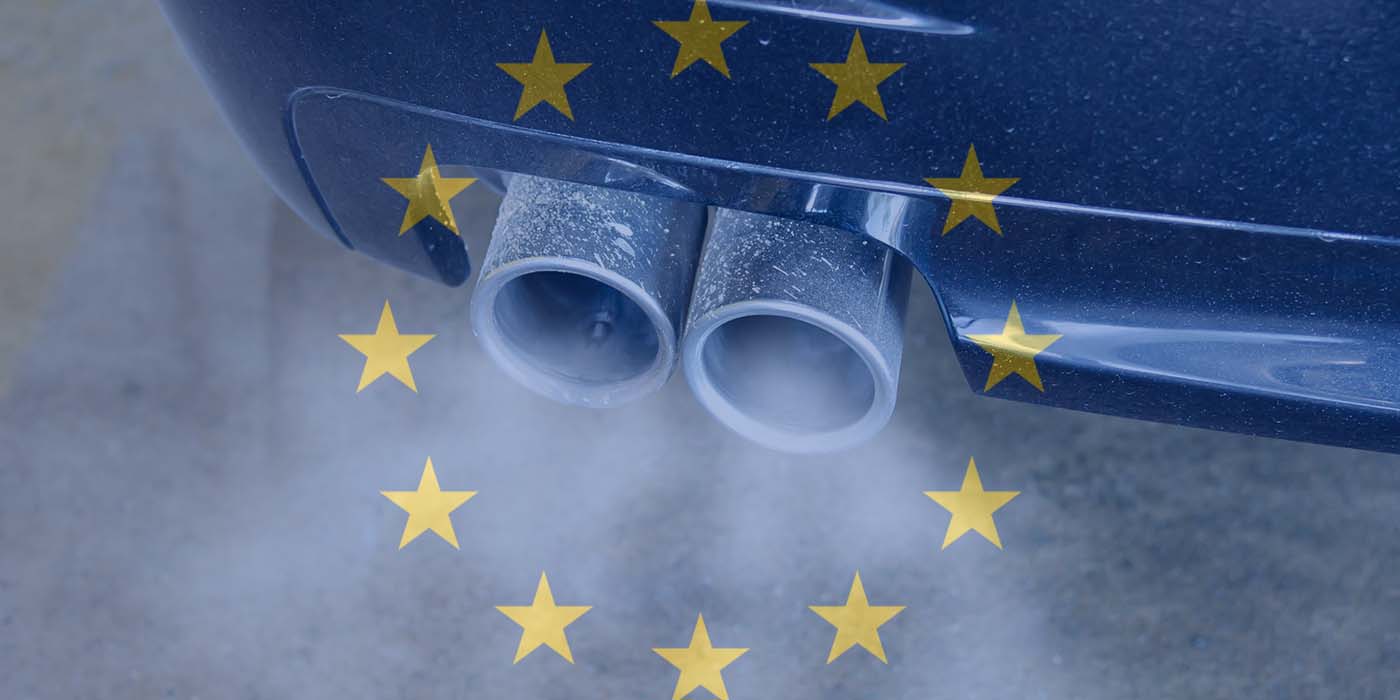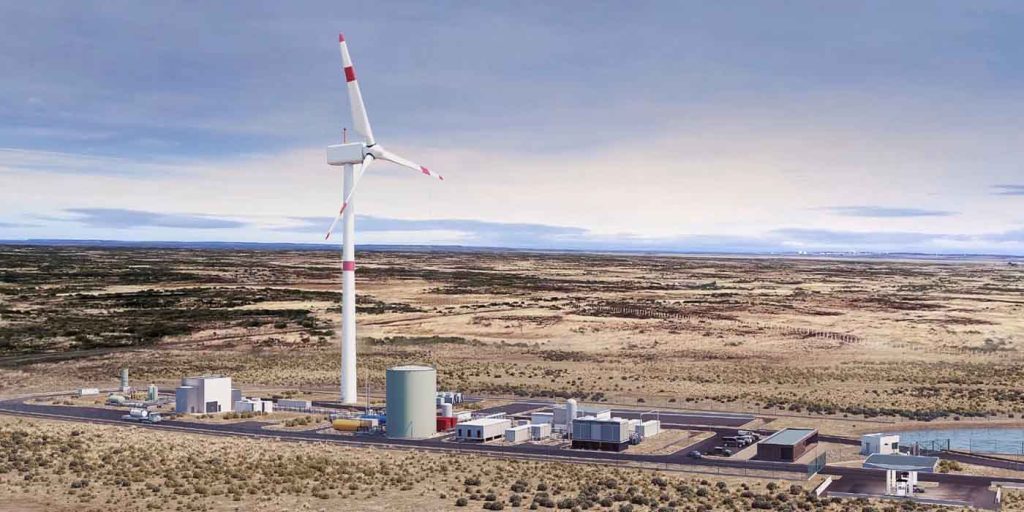
Following a meeting amongst transport ministers from several EU countries on Monday, Germany has now formed an alliance with Italy and additional territories in Eastern Europe in opposing the commission’s proposed ban on combustion cars by 2035 until exemptions are added for vehicles propelled entirely by carbon-neutral e-fuels. The saga continues.
Throughout 2022, European Parliament, the commission, and EU members worked through months of negotiations before finally agreeing to enact a groundbreaking law to ban the sale of new combustion vehicles in the EU by 2035. By last October, the ban had been approved by the EU’s 27 member states, including Germany.
Last week, ahead of the final vote to formalize the combustion ban into law, Berlin and transport minister Volker Wissing suddenly broke from the pack, rescinding Germany’s vote of confidence, stating that further changes pertaining to e-fuels were required first.
Wissing argued that the guidance on the use of carbon-neutral fuels remained unclear, demanding exemptions for vehicles running entirely on e-fuels. German automakers like Porsche backed the sentiment from Germany’s pro-business government party led by Chancellor Olaf Scholz. As a result, the EU Commission postponed the final vote as Germany’s blessing would be required.
At that time, we reported that Germany remained optimistic a deal could get done, as long as those inclusions of e-fuel vehicles were added. As of yesterday, the EU appeared poised to step up to the negotiation table, stating it would continue to postpone the final vote while it worked to add carbon-neutral fuel exemptions, although the what and the how remain unclear and could remain so for quite some time.
Following a meeting amongst several EU member states yesterday, Germany’s demands have been bolstered by several additional countries speaking out in favor of e-fuel exemptions, including Italy (home to Ferrari), another outspoken automaker deeming the combustion ban unfair in its current iteration.

Germany demands “urgent changes” to combustion ban
According to Automotive News Europe, transport ministers from Germany, the Czech Republic, Hungary, Italy, Poland, Romania, and Slovakia met on Monday to discuss what changes they’d like to see to the European Union’s 2035 combustion car ban.
Following the meeting, the German transport minister and now ringleader of the ban’s opposition, Volker Wissing, stated that the Czech Republic, Poland, Italy, and others share Berlin’s concern about the combustion ban and the lack of necessary guidance for e-fuel vehicles. Wissing went on to say that, “the proposal needs changes urgently,” and the German government is in talks with Brussels to find a quick solution. Easier said than done.
As we reported yesterday, the length of time required to pass any revised regulations to the combustion ban in Brussels could carry into 2024, and there’s a chance member states won’t see another vote on the ban until after EU elections next year. That leaves the potential for current EU lawmakers to develop a revised ban, possibly leaving others tasked with bringing the ban to a final vote at a later date.
Wissing stated that Germany and its new alliance members want to see vehicles running on e-fuels alone, exempt from the combustion ban, which could offer an alternative to battery electric vehicles. Critics say that since e-fuels operate similarly to powering gas and diesel combustion cars, they are extremely inefficient and a waste of renewable energy. Other entities in the automotive segment worry the addition of e-fuel exemptions could also create regulatory uncertainty in the EU. Wissing spoke:
We do not want to stop things, nor do we want them to fail in the end. We want the regulation to succeed — we need climate neutrality — but we have to remain technology-open, anything else is not a good option for Europe.
The transport minister speaks on behalf of a country whose automotive industry currently employs over 800,000 people and contributes to the largest segment of its economy, gathering approximately $440 billion each year. Furthermore, German automakers Volkswagen and Porsche have invested money into the research and development of e-fuels as an alternative to BEVs. Fellow VW Group subsidiary Audi, on the other hand, has spoken out against the delayed vote, further expressing its commitment to going all-electric this decade.
Talks are ongoing between the pro-e-fuel alliance and the EU Commission, but the conversations could very well be tabled as parliament must regroup and seek approvals for any revisions to the combustion ban.
The year 2035 remains a crucial expiry on new combustion sales in Europe as the Union looks to reach zero emissions by 2050, based on the average lifespan of 15 years for new combustion vehicles. This story remains ongoing.
FTC: We use income earning auto affiliate links. More.






